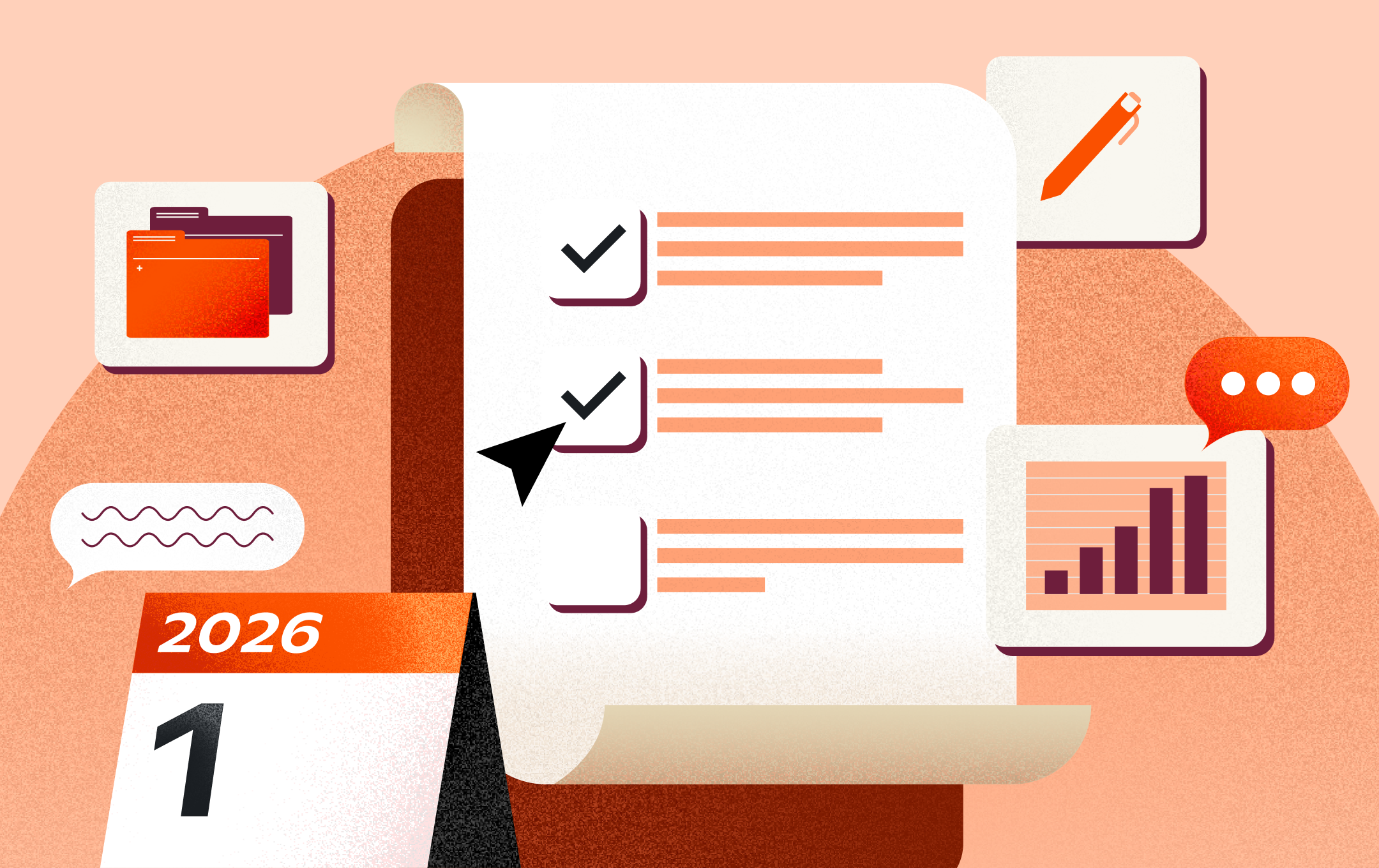
New releases
A smarter, simpler Attentive
Explore new features →
Explore new features →
Elevate your marketing with real-time, AI-powered data activation
Build and scale with unparalleled guidance and support

Engage customers with text messages that drive loyalty and revenue
Boost revenue and save time with personalized emails that convert
Turn every text into a branded, media-rich conversation

Create and send top-performing campaigns in a fraction of the time
Automatically analyze every customer interaction, behavior, and data point
Increase high-quality subscribers with AI-powered sign-up experiences

Collect SMS and Email subscribers quickly with easy sign-up units
Connect seamlessly with flexible integrations that drive growth
Identify, understand, and engage more website visitors
Send messages knowing they’ll be delivered, even during peak periods

30X total AI program ROI
30X total SMS program ROI
192% boost in email revenue
28X program ROI
40% revenue increase from emails
48X ROI on gifting recommendations
$4.5M SMS-attributable revenue
88X welcome journey ROI

Guides, reports, videos, and more to help you build and grow your program
Strategies, trends, and insights to help you become an industry expert
Quick tips, tutorials, and insights to maximize your program's potential
Live and on-demand recordings to keep learning

Explore proven strategies and results from innovative brands
Real SMS examples to inspire your next campaign
Top marketing tips and strategies for key dates in 2026
Instantly calculate your projected revenue and subscriber growth

Check out our how-to guides, webinars, and more
Enlist the expert guidance of an Attentive agency partner
APIs for subscription, messaging, and custom integration needs
Elevate your marketing with real-time, AI-powered data activation
Identify, understand, and engage more website visitors
Send messages knowing they’ll be delivered, even during peak periods
Build and scale with unparalleled guidance and support
Run your program with tools designed to protect you from potential risk
Connect seamlessly with flexible integrations that drive growth

Engage customers with text messages that drive loyalty and revenue
Boost revenue and save time with personalized emails that convert
Turn every text into a branded, media-rich conversation

Create and send top-performing campaigns in a fraction of the time
Automatically analyze every customer interaction, behavior, and data point
Increase high-quality subscribers with AI-powered sign-up experiences

Collect SMS and Email subscribers quickly with easy sign-up units
Connect seamlessly with flexible integrations that drive growth
Identify, understand, and engage more website visitors
Send messages knowing they’ll be delivered, even during peak periods
Make data-driven decisions with detailed, customizable reports
Run your program with tools designed to protect you from potential risk
Reach the right audiences with precise targeting and dynamic segmentation

30X total AI program ROI
30X total SMS program ROI
192% boost in email revenue
28X Program ROI
40% revenue increase from emails
48X ROI on gifting recommendations
$4.5M SMS-attributable revenue
88X Welcome Journey ROI

Real SMS examples to inspire your next campaign
Proven strategies and results from leading brands
See how our customers turn personalized interactions into revenue

Engage customers with messages that drive loyalty and revenue
Boost revenue and save time with personalized emails that convert
Instantly connect with your audience in real time to drive more revenue
Reach more customers, drive loyalty, and boost revenue with SMS and email
Engage more customers and boost bookings with personalized messages

Exceed growth goals with guidance from our agency partners
Unlock features, personalization, and data with flexible APIs
Deliver the right messages to the right customers across 20+ companies

Guides, reports, videos, and more to help you build and grow your program
Strategies, trends, and insights to help you become an industry expert
Quick tips, tutorials, and insights to maximize your program's potential
Live and on-demand recordings to keep learning
Text messaging industry insights to help you become an SMS expert
Learn how to deliver the personalized experiences consumers want

Explore proven strategies and results from innovative brands
Real SMS examples to inspire your next campaign
Top marketing tips and strategies for key dates in 2024
Instantly calculate your projected revenue and subscriber growth

Check out our how-to guides, webinars, and more
Enlist the expert guidance of an Attentive agency partner
APIs for subscription, messaging, and custom integration needs

Elevate customer engagement with rich RCS messaging features
Get the latest on new products, features, and enhancements
Take a video tour of our platform





.png)

.png)
